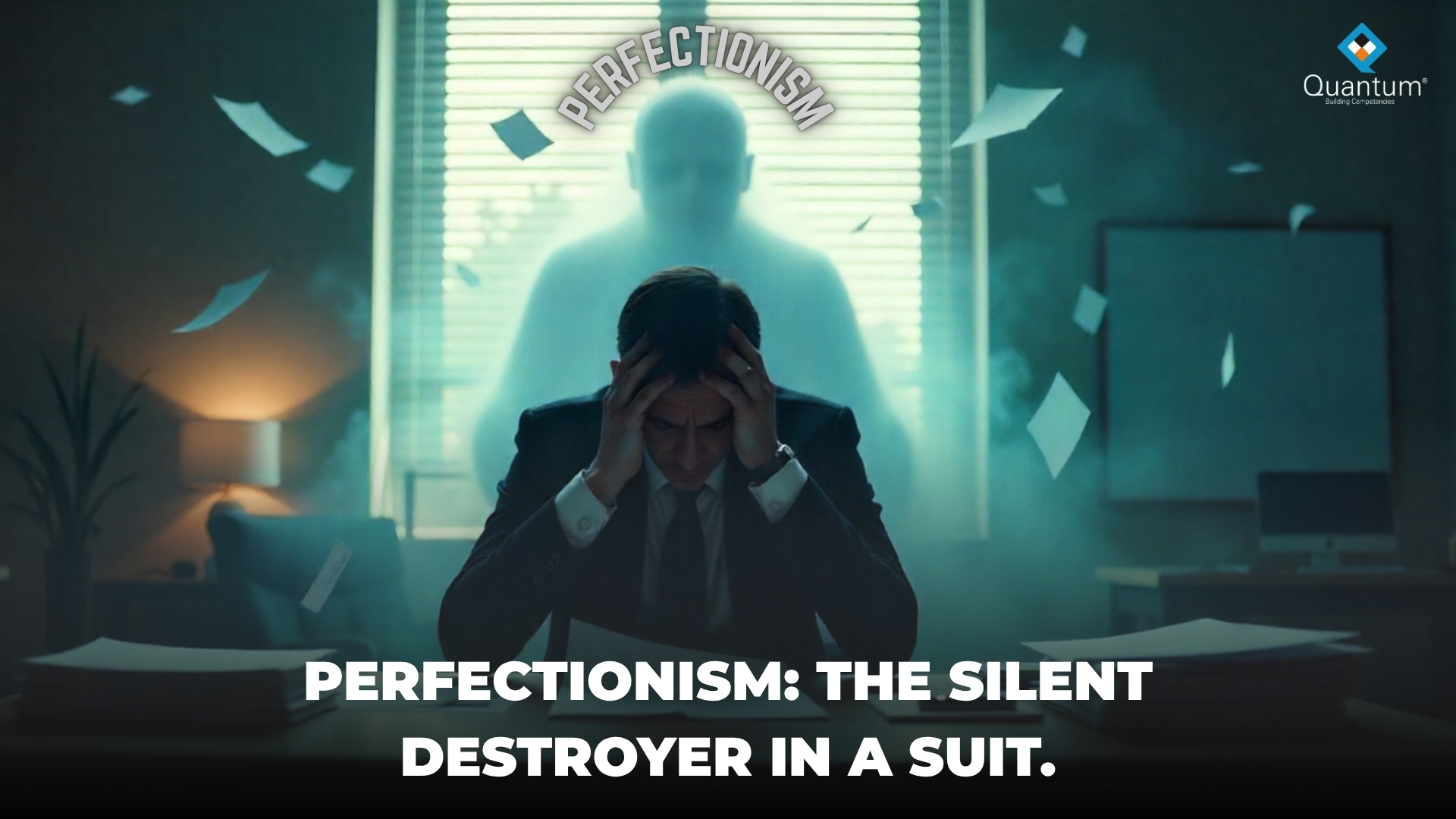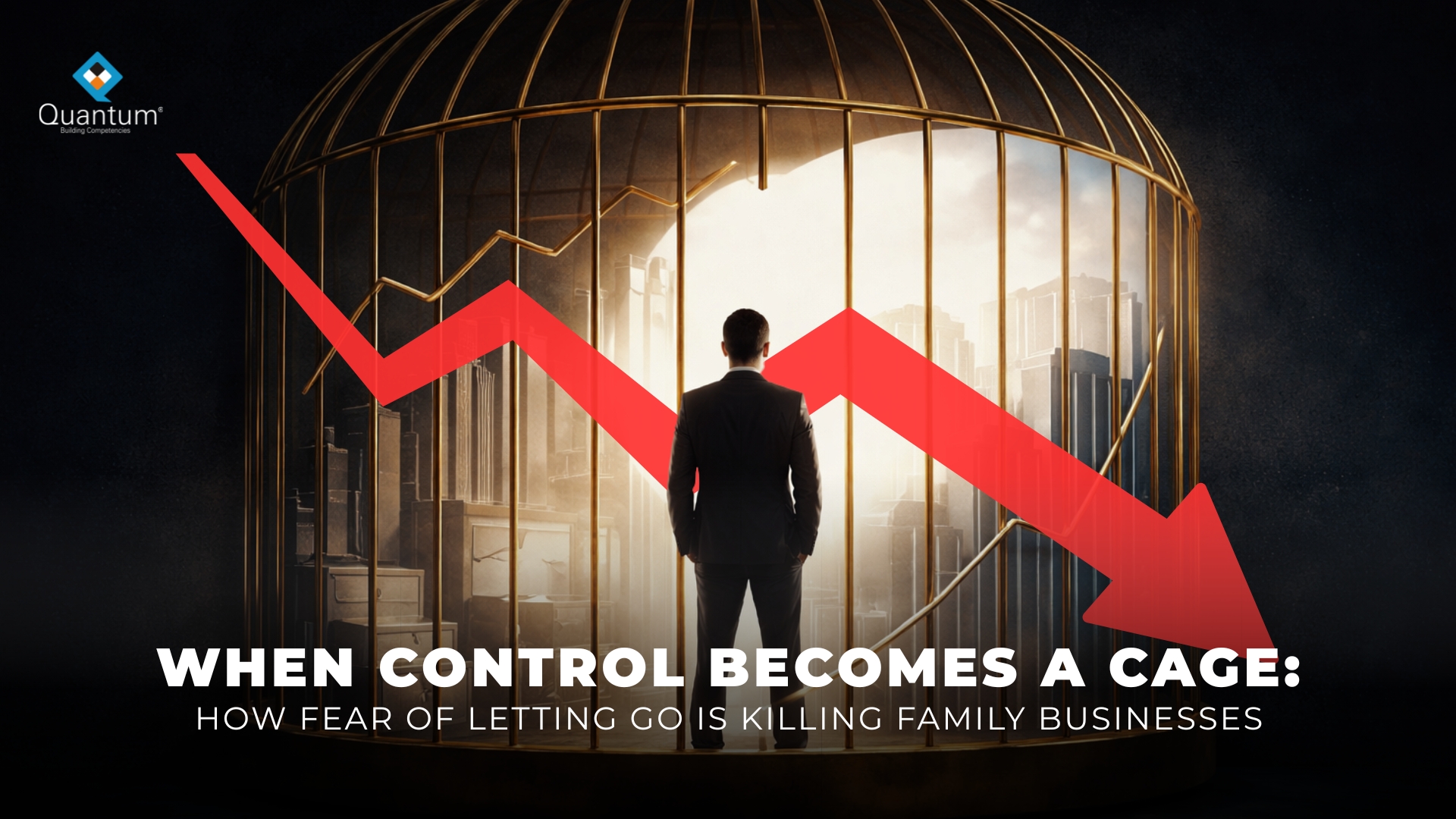
The Silent Killer of Progress: Why We Don’t Make Decisions (Even When We Know What’s Right)
The Monday Morning Meeting, Scene 1 CEO: “So, are we going to go ahead with the launch of the new

The First Scene:
The Office of Malevolence (A regular morning on a Monday). (The coffee maker is moaning, the printer is yelling, and the ghost of perfectionism is hovering.)
Boss: “What gives this report its 99% accuracy rate?”
“I didn’t know we had to check the alignment of commas,” the employee explained to the supervisor.
We do, Boss. The use of commas expresses intent. Try it one more.
Worker: “The whole 78-page report?”
Supervisor: “Certainly. A life of excellence is more than just a performance.
Worker: “Unemployment is a result, not an option.”
As the violins gently play in the background, prepare to hear a dramatic eye-roll.
Here under The Cult of Perfectionism, we are all always under pressure, “feedback” means “I found one typo, therefore you’re worthless,” and nothing is ever good enough.
The Perfectly Miserable’s Mental Health
Sounds admiral, doesn’t it? Just like a CEO who is both successful and disciplined. However, a tangled psychological reality lurks beneath that inspirational wallpaper: It’s anxiety masquerading as a tie.
Experts in the field (and any therapist worth their salt) agree that perfectionists are just high-functioning control freaks who take espresso shots. They make everything into an Olympic-level competition because they are so afraid of failing.
To them, it’s not enough that the PowerPoint be aesthetically pleasing; they want it to solve the climate crisis and be awarded the Nobel Peace Prize in Typography.
The Corporate Horror Show: Employee Perfectionism
Imagine a horror movie monster without the chainsaw and the Excel sheet—that’s how perfectionist employers are.
Their micromanagement is as cold as a malfunctioning refrigerator and as precise as a cardiac surgeon.
“Did you take a breath while you were working on that project?” Boss asked.
Worker: “Yes…”
“Repeat it,” the boss said. This time, hold your breath till it’s perfect.
They conflate “careful observation” with “watching your every move.” So what happened? A poisonous work environment where originality withers away, cooperation is supplanted by finger-pointing, and “good enough” is viewed as a moral failing.
Half of the team is in therapy, the funding has disappeared, and the market has changed by the time the team produces the “perfect” project.
The Family Dictatorship: A Perfectionist’s Approach
Parents who strive for perfection are really just bosses who neglected to punch out.
Even a family vacation feels like a performance assessment when dinner becomes an audit and report cards a weapon.
Beta, Mom, I don’t understand why your bed isn’t perfectly symmetrical.
“Because I’m eight years old?”
“Excuses are for losers,” Mom said. Start over. Oh, and by the way, your diary handwriting is very heartbreaking.
These parents tend to produce anxious, perfectionist children who, as adults, will likely feel bad about watering plants “the wrong way” and assume that love can only be “earned” by perfect conduct.
Discussions in the Mind of a Perfectionist
Brain: “It’s alright, you tried your hardest.”
Extremely Picky: “My finest? Wow, that’s not very good!
You managed to complete a twenty-page paper in just one night!
The perfectionist said, “Indeed, but the emotional sparkle is missing from slide fourteen.”
The brain says, “It’s three in the morning.”
Extremeist: “Relaxation is for those who lack ambition.”
The Ideal Irony
If you want to know what the biggest joke is, it’s this: striving for perfection will make you bitter instead of better.
In pursuit of the illusion of control, it eliminates joy, creativity, and connection.
People transform into walking bundles of repressed terror as their homes and workplaces become performance arenas.
Even so, those who strive for perfection believe they are “setting high standards.”
No. You’re threatening the very fabric of sanity.
The Cure: Living an Imperfectly Perfect Life
Being human is the cure to perfectionism, not being lazy.
Get things done good enough and then go on.
Accept imperfection, a little toast, and uneven bedding.
Say to yourself, “Yes, but I can also be happy.” Whenever your inner critic says, “You can do better,” listen up.
As a last point:
When you’re bound in by Excel formulae, shame, and hypertension, perfectionism isn’t a virtue; it’s a prison.
Therefore, the next time your mom or boss tells you to “Do it perfectly,” all you have to do is grin and reply, “I prefer to do it sanely.”
© Dr. Pratik P. SURANA (Ph.D.)
Quantum Group.
#LeadershipLessons #MentalHealthMatters #Perfectionism #WorkplaceCulture #QuantumInsights #DrPratikSurana

The Monday Morning Meeting, Scene 1 CEO: “So, are we going to go ahead with the launch of the new

Scene 1:The Sharma & Sons Pvt. Ltd. boardroom on Monday morning Arjun, the son, said, “Dad, I think we should

“Culture eats strategy for breakfast.” What most leaders forget is that culture eats leaders first. Peter Drucker articulated this decades